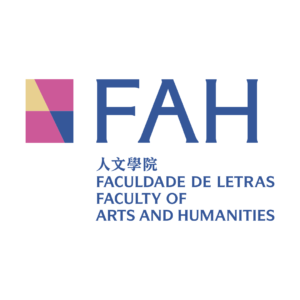THE MORAL ROOTS OF QUARANTINE
A comparative study of the moral and cultural dimension of quarantine in COVID-19 pandemic across East and West.
Events
About the Conference
The Department of Philosophy and Religious Studies at the University of Macau will host the International Conference “The Moral Roots of Quarantine: the East and the West” on December 16-17 2021.
Given the current situation due to the pandemic, the conference will be held online on Zoom to allow broad participation. The event is free and all are invited to attend. Access to the zoom link can be requested in advance by email at mrqconference2021@gmail.com.
The conference aims at bringing together scholars from the East and the West currently working on Covid19, and, more specifically, on anti-pandemic measures and their diverse justifications, from an interdisciplinary perspective (philosophy of science, philosophy of politics, philosophy of medicine, among others).
While there is an abundance of scholarship on the responses to infectious diseases in the European tradition, there is a lack of scholarship comparing these responses to related phenomena in other non-Western traditions. As the Greek term “pandemia” comprised of the prefix “pan” (all) and the term “demos” (people) rightly suggests, the current pandemic is a global phenomenon that affects all people, even if in different ways, which may be, at least in part, shaped by cultural factors. The global nature of the current emergency calls for an interdisciplinary as well as intercultural investigation. The conference invites scholars, for the first time, to carry on a comparative investigation of:
(i) The different preventive measures taken by legislators in different countries and regions to respond to the same emergency and the moral justifications (made more or less explicit in the public discourse) provided in their support;
(ii) The different reactions of citizens in countries with different historical experiences and cultures to the same measures and non-homogeneous moral justifications.
The conference flyer can be found here.
Speakers
Alex Broadbent
(Durham University)
Ruiping Fan
(City University of Hong Kong)
Hans-Georg Moeller
(University of Macau)
Daniele Santoro
(University of Minho)
Conference Program
December 16th
15:00-15:15 Greetings (Nevia Dolcini & Mario Wenning)
SESSION 1 Chair: Nevia Dolcini
15:15-16:15 Hans-Georg Moeller (University of Macau) – Why Morality Can’t Cure Covid-19: A View from Social Systems Theory
16:15-16:45 Markus Heidingsfelder (BNU & HKBU United International College) – Corona: A New Grand Narrative?
16:45-17:15 Thomas Byrne (Sun Yat-sen University, Guangzhou) – How to Lose the Public’s Trust: A Phenomenological Analysis of Quarantine Policy during the Covid-19 Pandemic
17:15-17:30 Break
SESSION 2 Chair: Veronica Valle
17:30-18:00 Jamila Rodrigues (Okinawa Institute of Science and Technology) – Missing Bodies: Experiencing Lack of Touch during Pandemic Times
18:00-19:00 Alex Broadbent (University of Durham) – An Egalitarian Evaluation of Lockdown
December 17th
SESSION 3 Chair: Mario Wenning
14:00-15:00 Daniele Santoro (University of Minho) – Precaution, not Deterrence. The Political Justification of Quarantine Policies
15:00-16:00 Break
16:00-17:00 Ruiping Fan (City University of Hong Kong) – The Moral Roots of Quarantine in the East and the West: Is a New Model of Good Governance Possible?
17:00-17:15 Break
SESSION 4 Chair: Jingwen Zheng
17:15-17:45 Stefano Calboli (University of Minho) & Giovanni Galli (University of Urbino Carlo Bo) – The Role of Cultural Differences in the Effectiveness of Coercive and Noncoercive Policies to face the Covid-19 Pandemic
17:45-18:15 Sven Günther (Northeast Normal University in Changchun) – Contagium, Morbus, Pestilentia, and Co.: Framing with Epidemic Language by Latin Historians and Administrators
18:15-18:45 Luis Cordeiro Rodrigues (Hunan University) – Public Health and Theism: An African Approach to Evil and Religious Beliefs in the After-Life
18:45-19:00 Lisa Onaga (Max Planck Institut für Wissenschaftsgeschicthe) – Seeing Clearly Through COVID-19
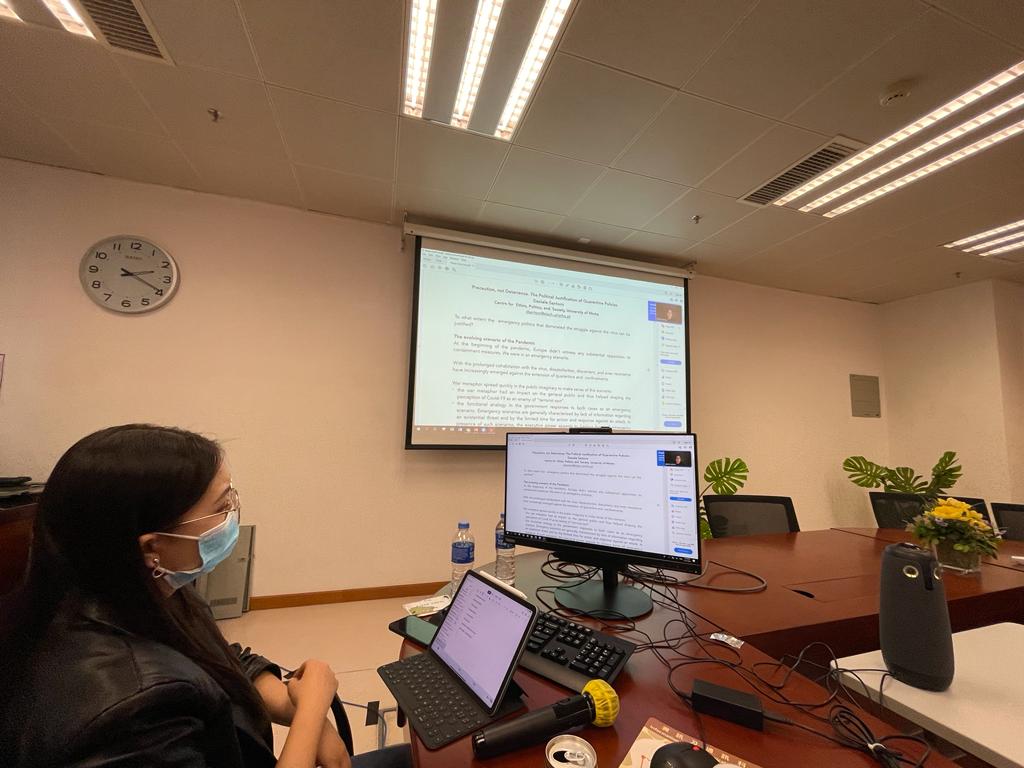
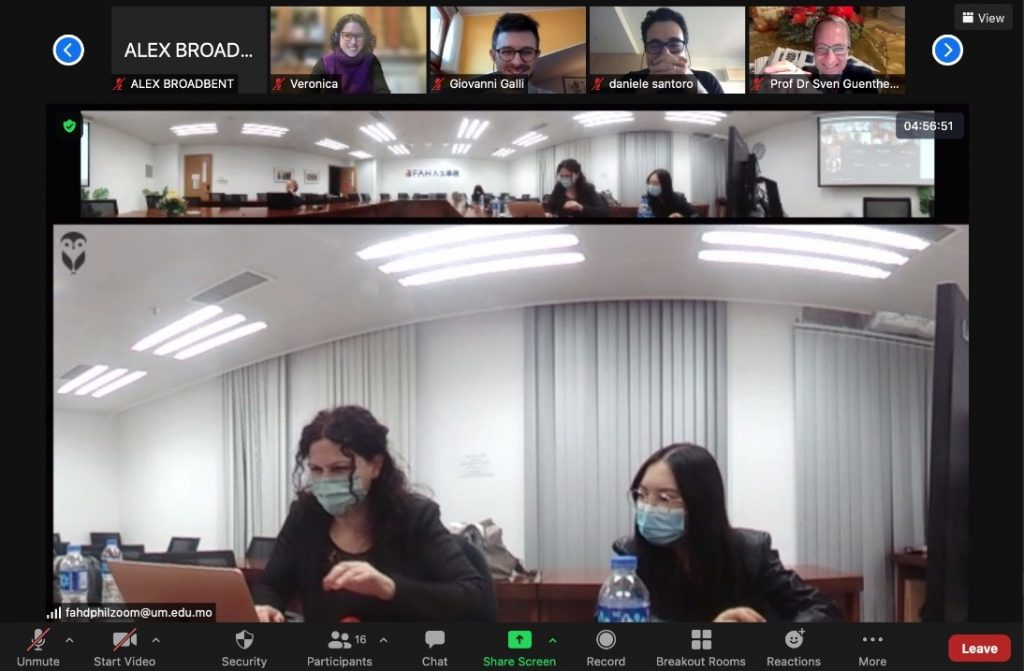
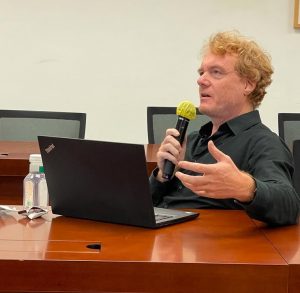
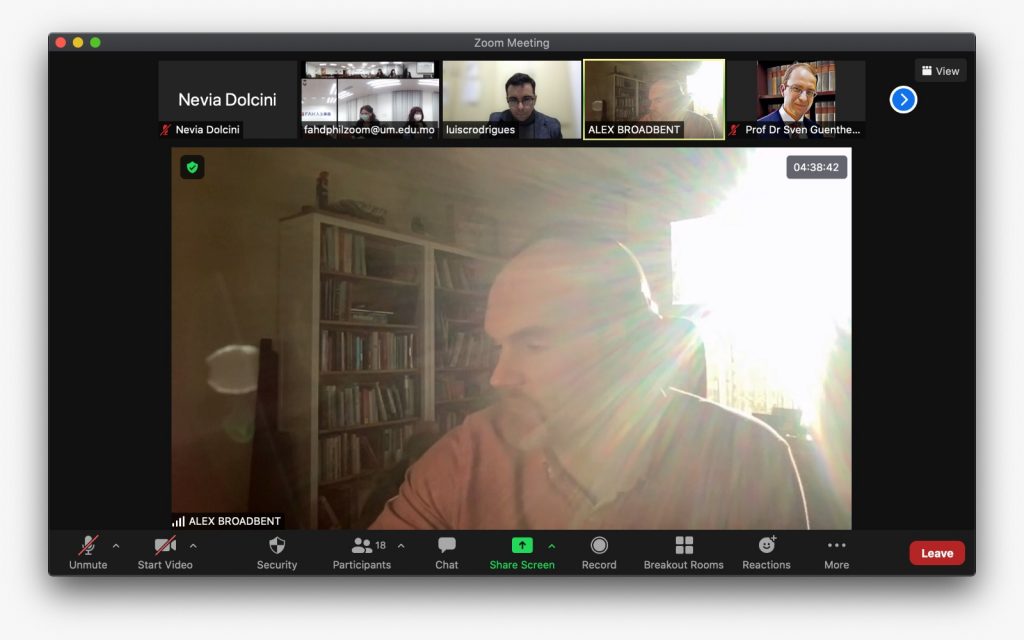
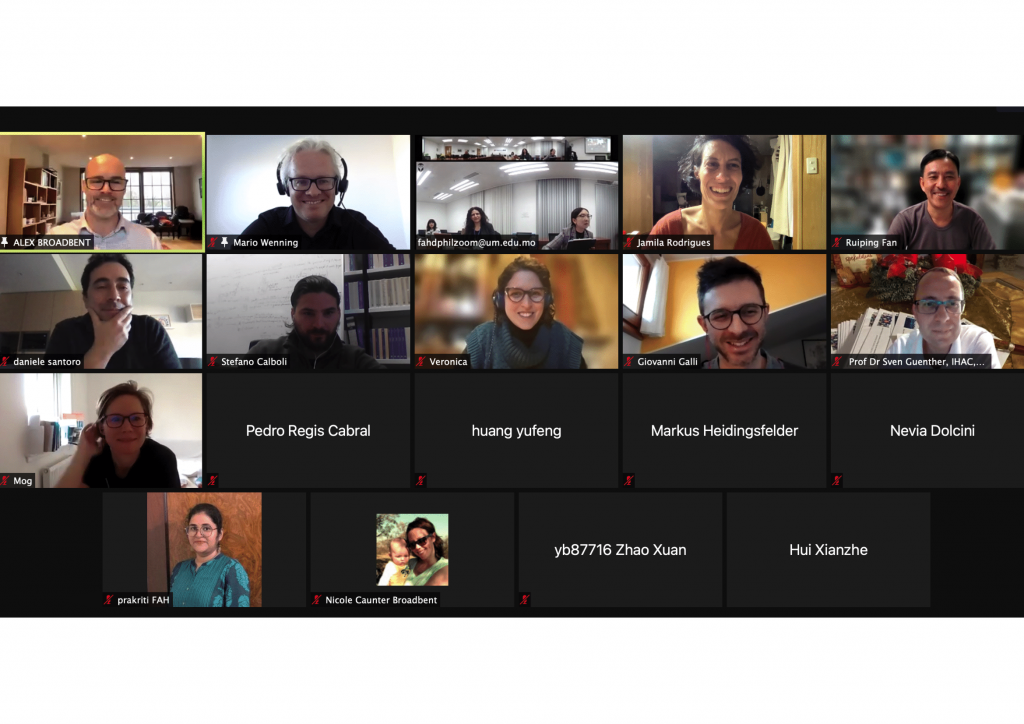
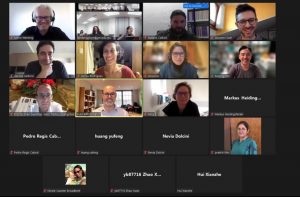
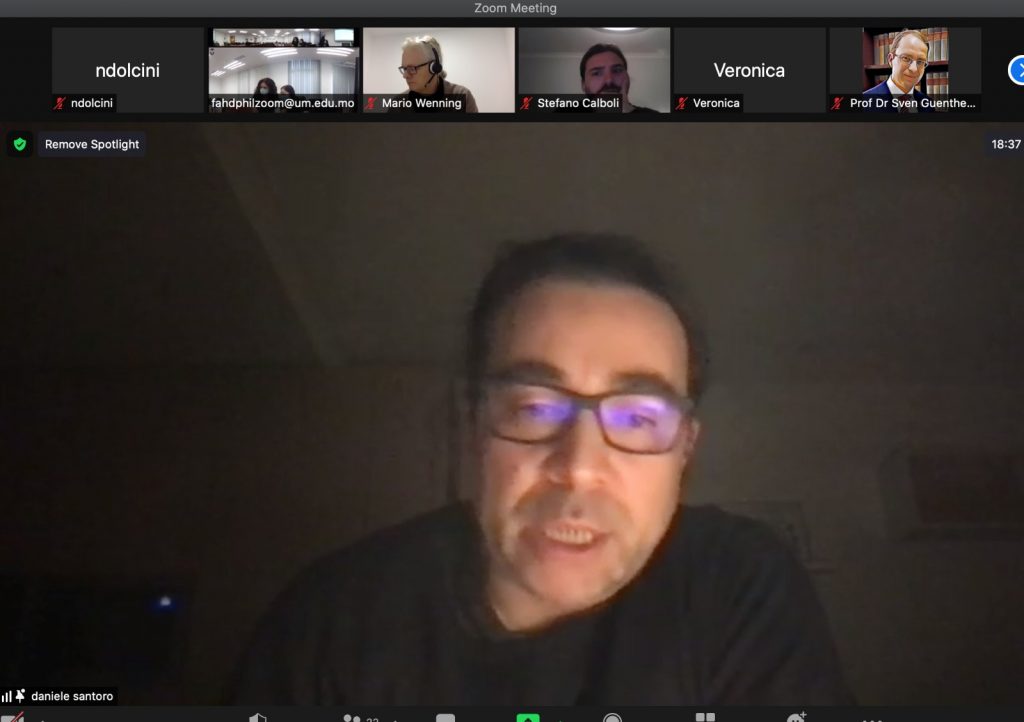
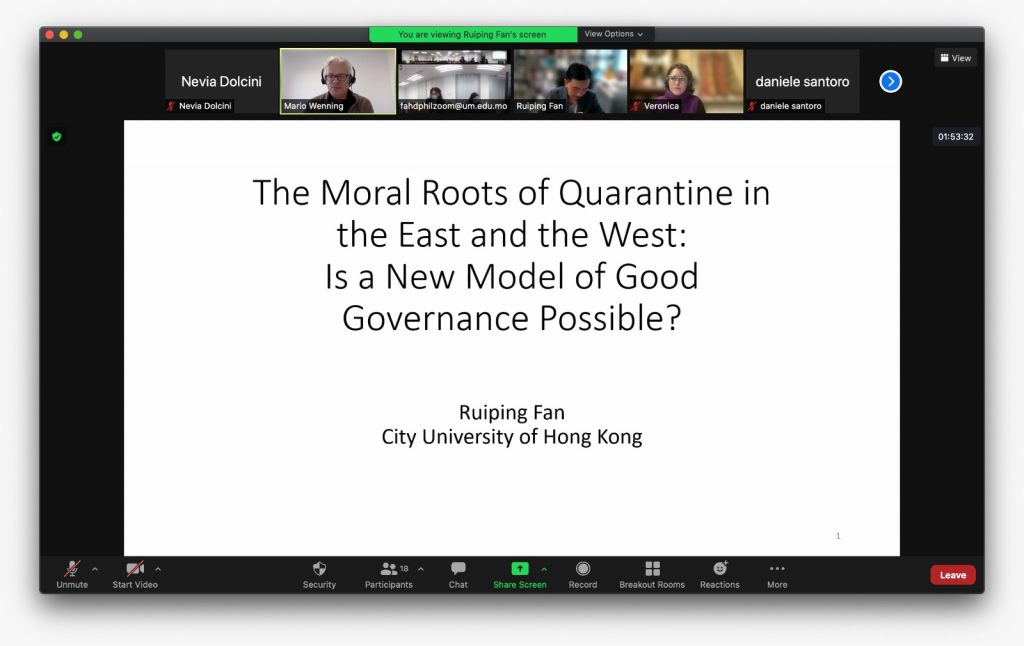
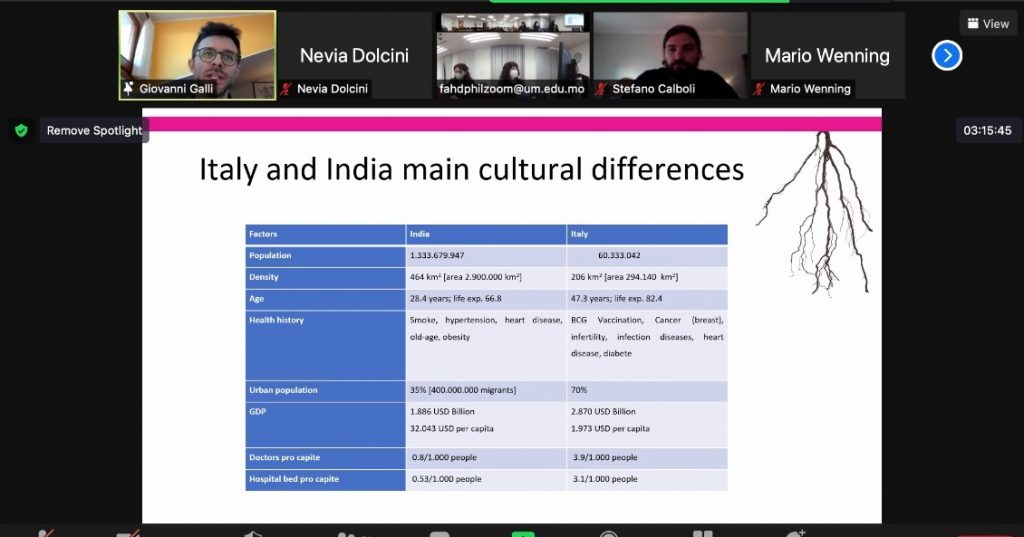
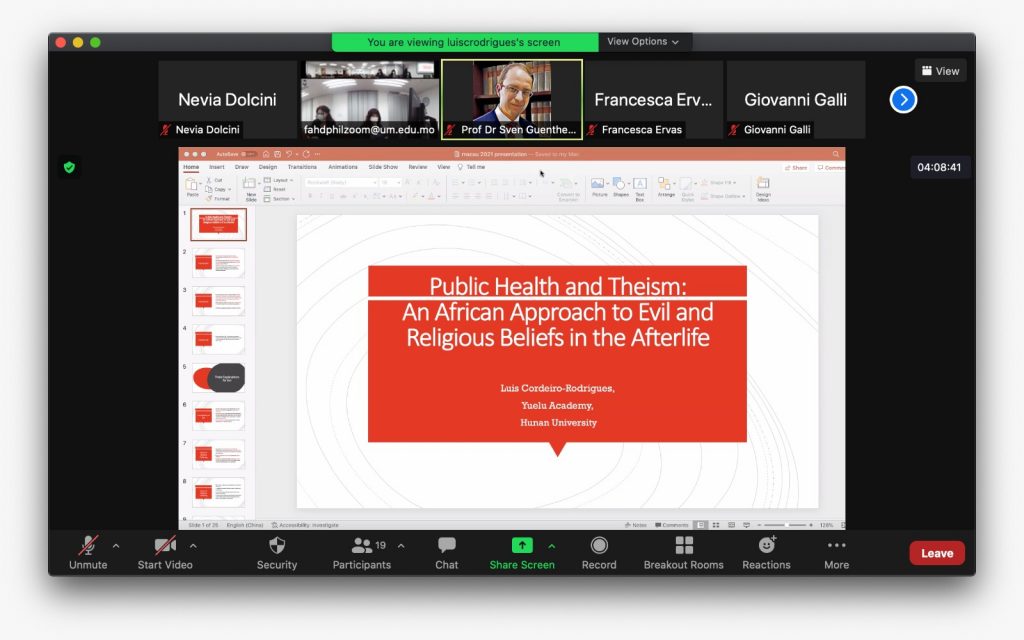
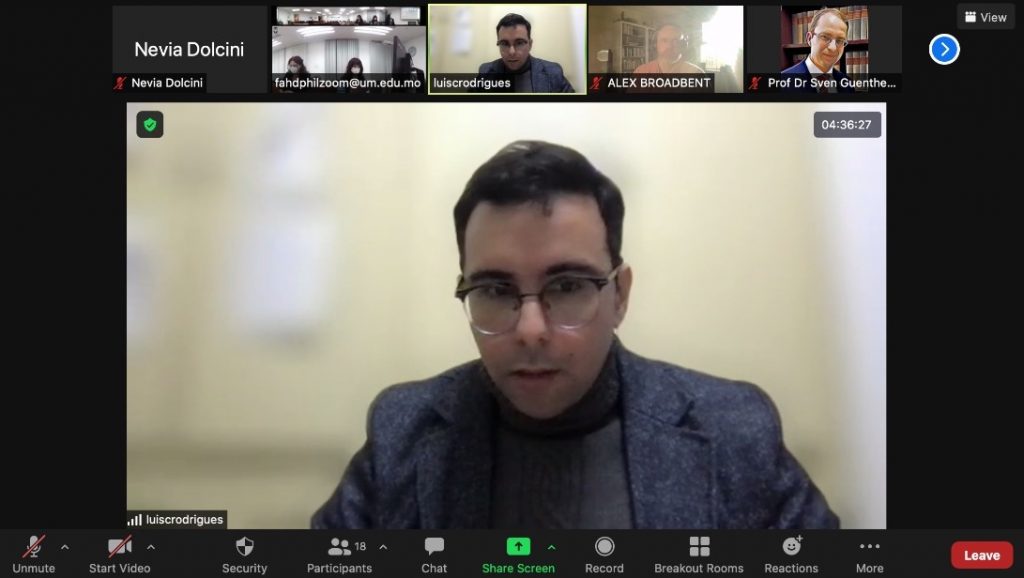
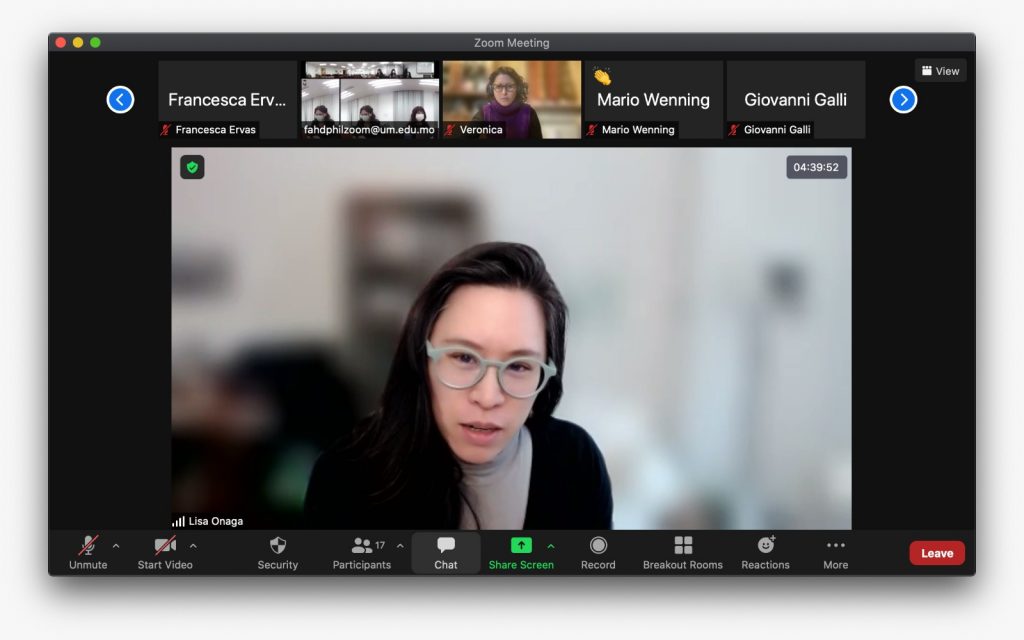
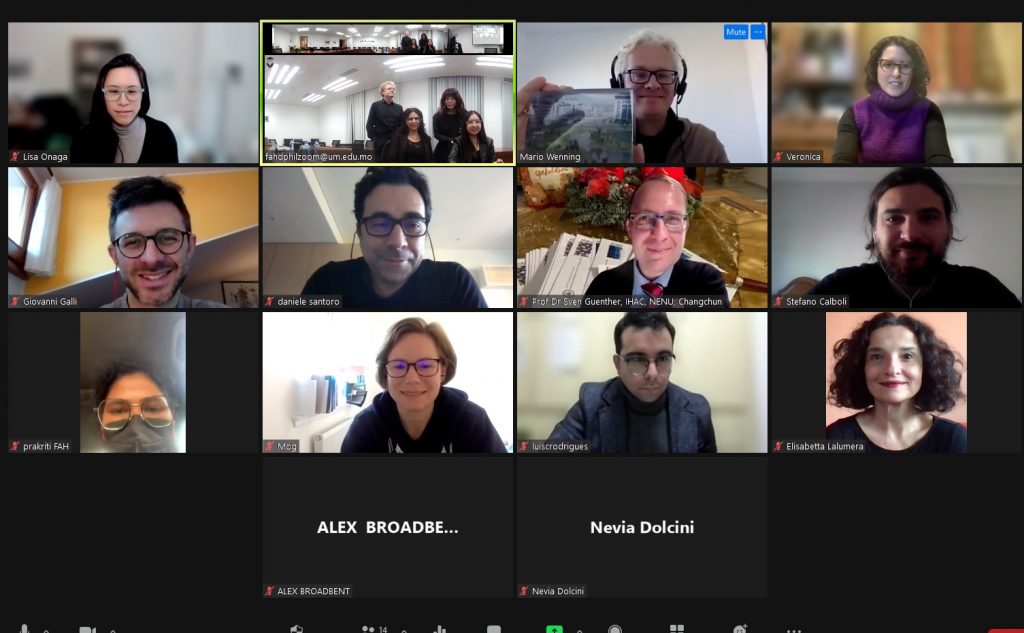
Call for Abstracts
CONTRIBUTED PRESENTATIONS
There is space in the program for up to eight presentations by scholars, advanced graduate students, and early career researchers, whose work lies broadly within the theme of the conference. To notify your interest in presenting your research at the conference, please send a title and an abstract of your paper (no more than 500 words) to mrqconference2021@gmail.com or click on the button below. The paper must be suited for a 20 minute presentation.
PRIZES
We are pleased to announce that up to 5 prizes of 3000MOP (around 320 euros) will be awarded for the best contributed abstracts. To apply for the prize: notify your interest in applying at the time of the abstract submission, and attach your CV to the email. The awardees will be selected by the scientific committee.
BOOK SALON
The conference will also include a book salon aimed at engaging authors about their recently published scholarly works (monographs, edited books, edited journal special issues) on the conference topics (see next section). Authors and editors who are interested in presenting their work in the book salon (10-minute timeslot) are invited to send an email with the work’s information and synopsis at mrqconference2021@gmail.com by November 7, 2021.
IMPORTANT DATES
- Deadline for receipt of abstract submission: November 7, 2021.
- Notification of abstract acceptance/award winners: by November 15, 2021.
Topics
Topics of interest include, but are not limited to:
- The global nature of the pandemic and culturally distinctive responses to it (e.g. regarding the role of lockdowns, the use of masks, social distancing, hygiene, testing, vaccination etc.)
- The representation and deployement of moral values in anti-pandemic public discourse, scientific discourse, and social media
- Normative justifications of pandemic responses in culturally diverse contexts (e.g. the prioritization of public health over personal freedoms)
- Representations of the pandemic in politics, the media, and the arts in different socio-political and cultural contexts
- Comparison of the reactions to the Covid-19 pandemic with previous pandemics
- Anti-pandemic public discourse analysis (e.g., intertextuality, implicit communication, speech acts, etc.)
- Moral justifications in negationism and conspirativism
Scientific Committee
- Nevia Dolcini (University of Macau)
- Mario Wenning (University of Macau)
- Daniele Santoro (Universidade do Minho)
Organising Committee
- Nevia Dolcini (University of Macau)
- Mario Wenning (University of Macau)
- Veronica Valle (University of Macau)
- Saibyiai Alimu (University of Macau)
- Jingwen Zheng (University of Macau)
Sponsors
This event is jointly sponsored by the FES (Higher Education Fund, Specialized Subsidy Scheme for Macao Higher Education Institutions in the Area of Research in Humanities and Social Sciences), and by the Department of Philosophy and Religious Studies, Faculty of Arts and Humanities of the University of Macau.
Contact
Inquiries and clarifications about the conference can be addressed to mrqconference2021@gmail.com . For more information about the University of Macau, please visit www.um.edu.mo, and refer to the conference website for further details and updates about the conference.
